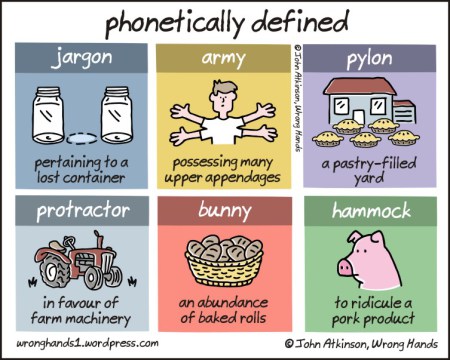WOTY 2015
 According to a press release sent out earlier today,
According to a press release sent out earlier today,
Today Oxford Dictionaries announces the emoji , commonly known as “Face with Tears of Joy,” as its “Word” of the Year for 2015.
, commonly known as “Face with Tears of Joy,” as its “Word” of the Year for 2015.
They explain that
This year Oxford University Press partnered with leading mobile technology business SwiftKey to explore frequency and usage statistics for some of the most popular emoji across the world. “Face with Tears of Joy” came out a clear winner. According to SwiftKey’s research, “Face with Tears of Joy” was the most heavily used emoji globally in 2015. Their research shows that the character comprised 20% of all emoji used in the UK in 2015, and 17% of all emoji used in the US. This compared to 4% and 9% respectively in 2014. In the US the next most popular emoji was “Face Throwing a Kiss,” comprising 9% of all usage.

 According to Merriam-Webster, a
According to Merriam-Webster, a 



